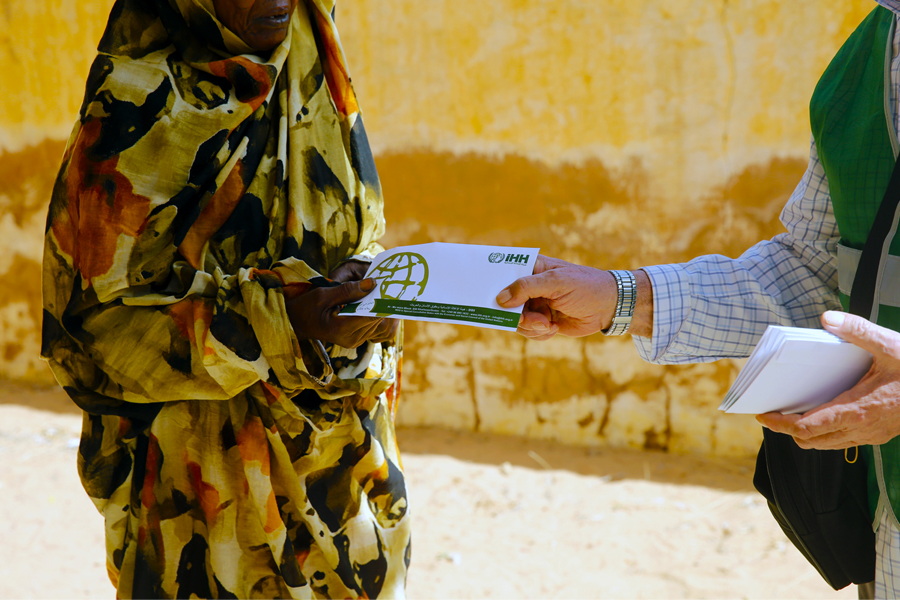
This Ramadan, we will once again reach those in need who are waiting for us. Let’s share kindness and spread blessings together.
Your Fitr donations provide essential relief, helping families set their tables and celebrate Eid with joy. Last Ramadan, we delivered Fitr, Zakat, and Fidyah to 24.817 people in need. Let’s stand with them again this year.
🔹 The 2025 Ramadan Fitr amount is set at $6.
You can give a fitr donation of $6 or more.
📌 FREQUENTLY ASKED QUESTIONS
Who can receive fitr (Sadaka-i Fitr)?
The eligible recipients of fitr are outlined in the Qur'an (Surah At-Tawbah, 60). They include:
- The poor and needy,
- Those in financial hardship,
- Those seeking freedom from bondage,
- People in debt,
- Those striving in the cause of Allah (such as scholars and those protecting sacred values),
- Travelers in distress,
- Officials responsible for collecting zakat,
- And individuals whose hearts are inclined towards Islam.
Who is required to give fitr?
Fitr (Sadaka-i Fitr) is obligatory for every Muslim who possesses wealth above their essential needs and meets the nisab threshold (the minimum amount of wealth required for zakat). Unlike zakat, fitr does not require the wealth to be increasing or to have been held for a full year.
When should fitr be given?
Fitr becomes obligatory at dawn on the first day of Eid al-Fitr, but it can be given anytime during Ramadan. It is recommended to give fitr before Eid, so those in need can benefit from it during the celebrations. If not given before Eid morning, it should be paid during the Eid days. Any delayed fitr should be given at the earliest opportunity.
Must fitr be given in the form of barley, wheat, dates, or raisins?
Historically, fitr was measured as one sâ' (approx. 2.917 kg) of dates, barley, or raisins, or half a sâ' of wheat, reflecting the dietary habits and economic conditions of that time. However, the key principle is that fitr should cover a needy person’s daily food requirement. Therefore, today, fitr can be given as food or as its equivalent monetary value, whichever benefits the recipient more.
If I live abroad, should I calculate fitr based on Türkiye’s standard?
Since the cost of living varies by country and region, fitr should be calculated based on the local cost of a person’s daily basic food needs in the country where the donor resides.